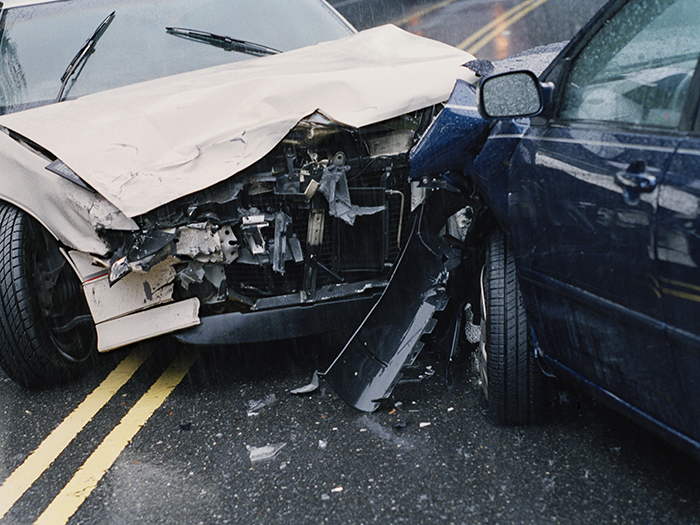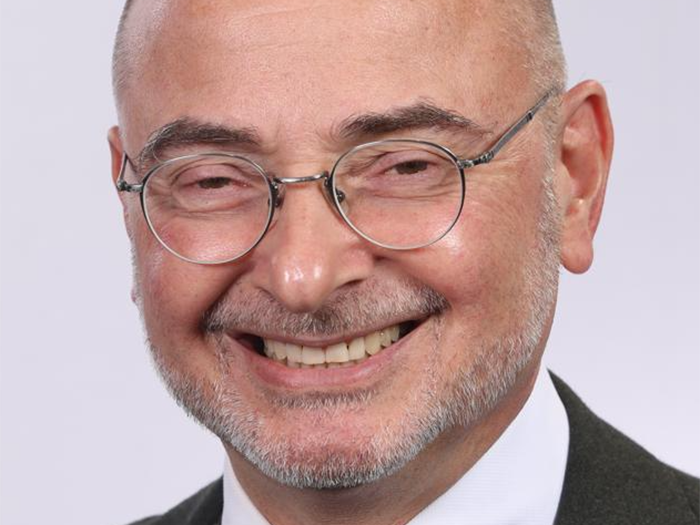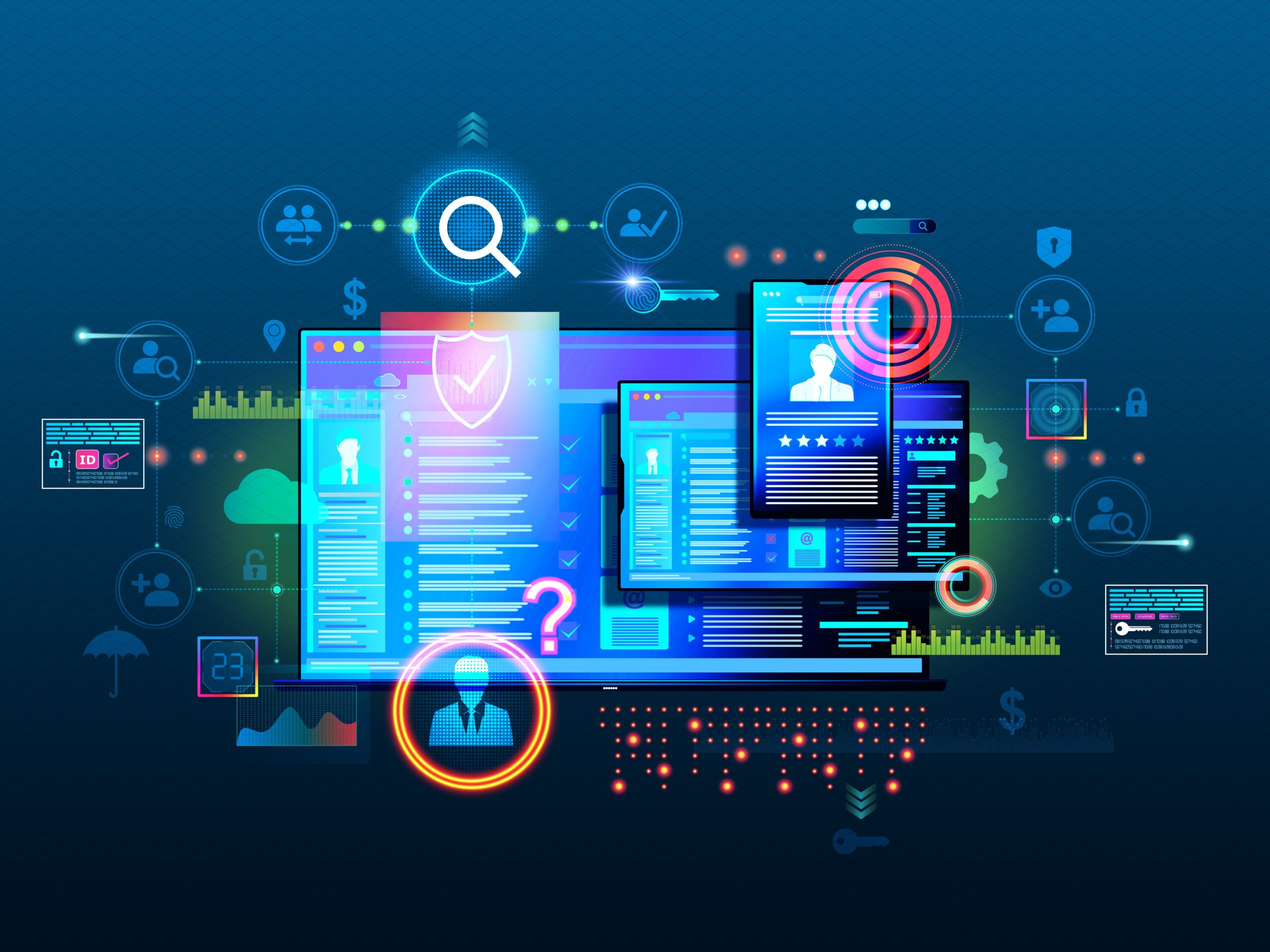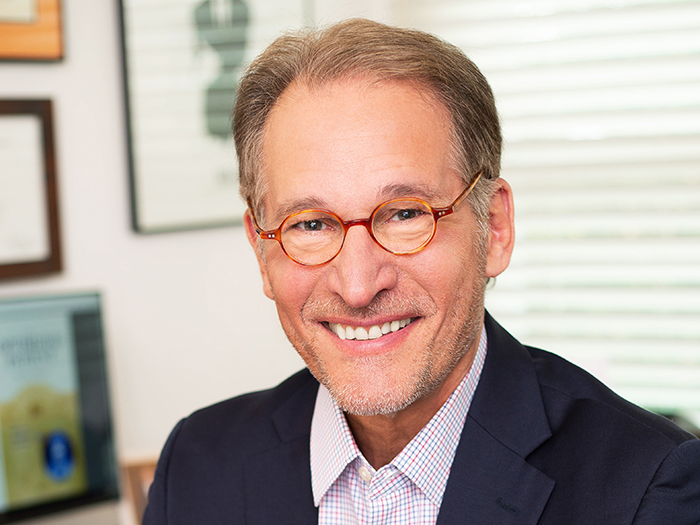Maybe, Just Maybe, COVID-19 Will Produce a New Breed of Risk Manager
I just had the opportunity to talk to a recent high school graduate who has performed an impressive risk management analysis.
She, with the support of her parents, decided to take a gap year before attending, full-time, a respected U.S. university.
She knows risk management. Her lessons probably began in kindergarten or earlier, followed her through high school, and will continue in the various stages of her adult life.
In our discussion, she showed she knows how to identify a risk, learn about it, find ways to deal with it, and choose a promising response. Good things all, but she won’t be starting college.
I wonder what she will do in her gap year. What will she learn?
Will she think about a hypothetical influenza pandemic? Will she know the importance of segregating infected individuals as the key to reduce spreading the disease?
Will she be angered by the disruption to her plans caused by COVID-19? Will she look back and see that many people denied it, avoided the pain of social distancing, and allowed a patchwork of behaviors that accelerated the spread of the disease?
From this perspective, will she have questions about other risk management failures that became visible in 2020?
- Hurricanes ravaged the northeastern United States and the Gulf coast while historic fires burned California. Is the U.S. dealing effectively with its infrastructure, electricity grid, and disaster preparation, to protect citizens from natural disasters such as hurricanes, tornados, earthquakes, fires, and floods?
- Drug companies are negotiating the payment of $18 billion dollars to settle 3,000 lawsuits alleging reckless distribution of opioids that killed 430,000 people in the last 20 years. Why did states allow this abusive behavior, waiting to act until opioids killed 50,000 people in 2018 alone? Why were legal remedies delayed by disputes among lawyers on how to divide their $1.2 billion share of the payment?
- In Beirut, 2,800 tons of ammonium nitrate exploded killing 200 people, injuring 6,500 others, and leaving 300,000 people homeless. It was confiscated from a sinking vessel six years ago and stored in the port in the center of the city. Is poor risk management a global phenomenon?
Or will she ask why COVID-19 disrupted her senior year in high school and the subsequent start of college? Why did we not use persuasion and enforcement so the general public, and more specifically college students, refrained from bars, fraternity parties, and other large social events until an infectious respiratory virus had been brought under control?
In a few years, we will know her answers to these questions.
Watch out world. This student was a successful debater at the national level in high school. She worked with communities and politicians on voter registration, youth engagement, gender equality, and equal rights for all citizens. She interned with government officials and promoted efforts to change state laws.
I doubt the possibility that she, and many others like her, will be idle in their gap or otherwise disrupted first year of college.
A note of optimism in the midst of a pandemic?
Maybe a new generation of risk managers is emerging to deal with a new set of risks. &










